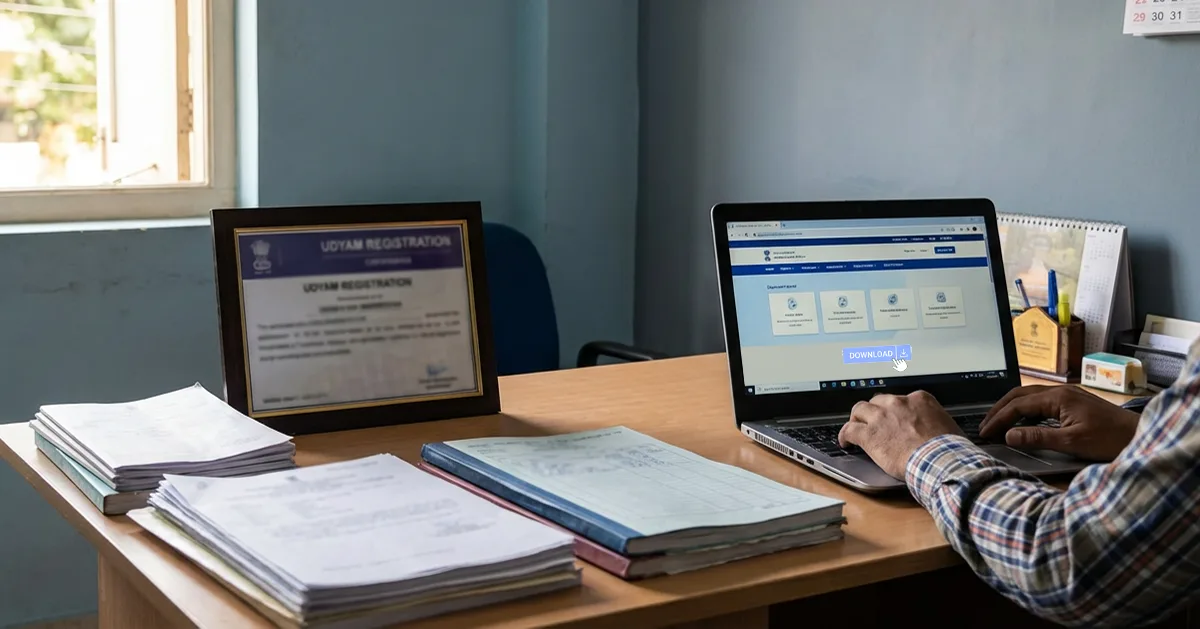
Introduction
The electronics manufacturing sector in India is booming phenomenally. Entrepreneurs entering PCB manufacturing in India are first presented with an essential challenge that they need to overcome the maze of compliance requirements. This comprehensive blog is your road map for the licenses, certifications, and regulations to follow in setting up a compliant and successful PCB factory.
Understanding the Regulatory Landscape
The Indian government is seriously promoting the growth of electronics manufacturing. To this extent, several regulatory bodies manage PCB manufacturing.
MeitY: It formulates policies and promotes the development of the electronics industry in India.
DSIR: It provides financial assistance and promotes research and development activities in the PCB manufacturing sector.
PCBs: These are state-level boards that regulate industrial pollution and issue consent for the establishment of PCB factories after considering EIAs.
Bureau of Indian Standards (BIS): BIS sets quality standards for many products, including PCBs. A BIS certification would mean that the product is adhering to those standards.
Must-Have Licenses and Permissions for the Production of PCB
Before you start your PCB production business, ensure that you obtain the necessary licenses and permissions:
- Company Registration: Register your business as Pvt. Ltd. or an LLP with the ROC (Registrar of Companies).
- Udyam Registration: Registration of the enterprise at the Udyam portal launched by the Ministry of MSME. The scheme would now give the right to Government subsidies and benefits to these MSMEs registeration.
- State Pollution Control Board, SPCB: Provide Consent to Establish (CTE) and Consent to Operate (CTO). Such clearances assure that the processes you have adopted in manufacturing will not violate any environmental laws.
- Submission of Application: You are supposed to submit an application with the BIS accompanied by the prescribed fees and documentation required, which would include details about the product, the manufacturing process, and quality control measures.
- Factory Inspection: BIS certification officials will check your PCB manufacturing factory and ensure that it meets all the standards mentioned by BIS.
- Generation of Certification: After the inspection of the factory, products are checked, and documents are read, BIS will give a certificate to your PCBs.
Compliances beyond Licenses and Certifications
The key areas that are in vogue concerning focus on ongoing compliance :
Miniaturization and Higher Density PCBs: For electronic products that are gaining size miniaturization, an increase in the demand is expected in high-density interconnect PCBs with lesser component sizes and finer line widths.
Environmental Sustainability: The sustainability domain will remain one of the focus areas. The emphasis on Lead-free and halogen-free components, and the adoption of environmentally friendly manufacturing practices shall gain prominence.
MeitY (Ministry of Electronics and Information Technology):
MeitY has a number of plans and initiatives that encourage the growth of the electronics manufacturing sector in India. This portal is a good source for finding out about these programs and policies.
Department of Scientific and Industrial Research (DSIR):
DSIR finances the research and development sectors of the electronics industry. Visit their portal to find any funding for your venture in PCB manufacturing.
Central Pollution Control Board (CPCB):
CPCB Website contains information on regulatory standards in the sphere of environmental PCB Manufacturing Waste management.
BIS Bureau of Indian Standards
The website provides information on the procedure to obtain certification on PCB, the application Procedure for getting certified, what all the standards are valid in, and information related to contact details at different BIS Regional Offices. Federation of Indian Electronics Industries FIEI Website End
The industry association for the Indian Electronics sector is FIEI. They can provide you with lots of valuable input and refer you to their industry peers who could prove to be great partners.
Conclusion: Road Map to Success in Thriving Market
Adherence to all requirements of compliance, being cognizant of current and future trends within the industry, and investments in superior technologies are just some ways that budding entrepreneurs will build successful and sustainable PCB manufacturing plants.




